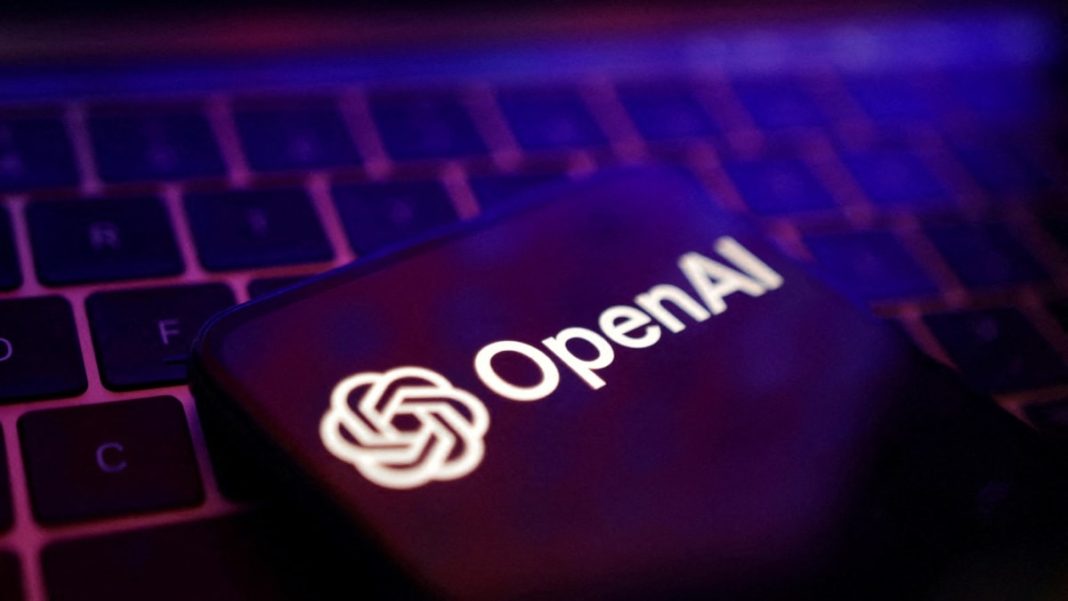OpenAI Restricts ChatGPT from Giving Medical, Legal, and Financial Advice
OpenAI has officially repositioned ChatGPT as an “educational tool” rather than a “consultant,” prohibiting it from providing specific medical, legal, or financial advice. This major policy shift is a direct response to growing regulatory pressures and liability concerns.
Key Takeaways
- ChatGPT can no longer name medications, give dosages, or generate lawsuit templates.
- Investment tips, buy/sell suggestions, and high-stakes advice are now blocked.
- The AI will only explain general principles and direct users to qualified professionals.
What’s Now Prohibited?
The updated policies explicitly forbid using ChatGPT for consultations that require professional certification. This spans medical and legal advice, financial decision-making, and other critical areas like housing, education, migration, and employment without human oversight.
As reported by Nexta, the policy also restricts AI-assisted personal or facial recognition without consent and forbids actions that could lead to academic misconduct. OpenAI states these changes aim to “enhance user safety and prevent potential harm” from over-reliance on the AI.
New Role as an Educational Tool
Under the new rules, ChatGPT’s function is limited to explaining principles, outlining general mechanisms, and directing users to qualified experts. Users report that attempts to bypass these restrictions by framing requests as hypotheticals are now blocked by the system’s safety filters.
Legal and Privacy Implications
Unlike conversations with licensed professionals, chats with ChatGPT are not protected by doctor-patient or attorney-client privilege. This means these conversations could potentially be subpoenaed for use in court, adding another layer of risk for users seeking confidential advice.
Recently, OpenAI also introduced new safety features to better support users in distress, focusing on mental health issues such as psychosis, mania, self-harm, and suicide, as well as emotional reliance on AI.
Understanding ChatGPT’s Limitations
While ChatGPT excels at explaining concepts, summarizing information, and brainstorming ideas, it has serious limitations for real-life decisions. Unlike a licensed therapist, it cannot read body language, feel empathy, or ensure your safety.
The same caution applies to financial and legal matters. ChatGPT can define terms like ETFs or explain basic tax rules, but it cannot consider your personal circumstances, risk tolerance, or specific regulations. Using it to draft legal documents or financial plans carries real-world risks of costly errors or legally invalid outcomes.
For emergencies, ChatGPT cannot detect gas leaks, alert authorities, or provide real-time updates. While it can access web data, it doesn’t monitor events continuously, and its outputs can contain mistakes or outdated information.
Important: Never share confidential or sensitive data—including financial records, medical charts, or private contracts—with ChatGPT, as data storage and access protections are not guaranteed.




